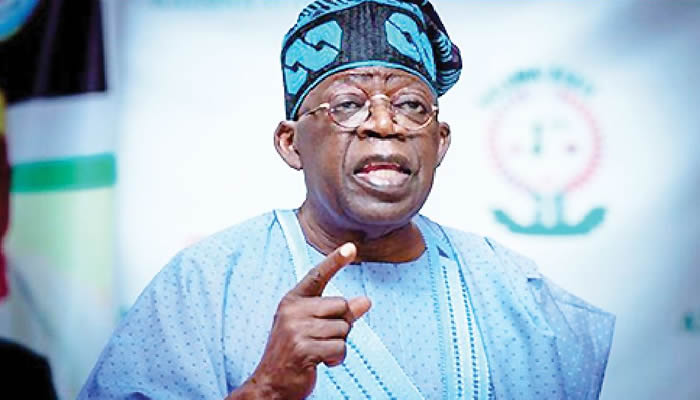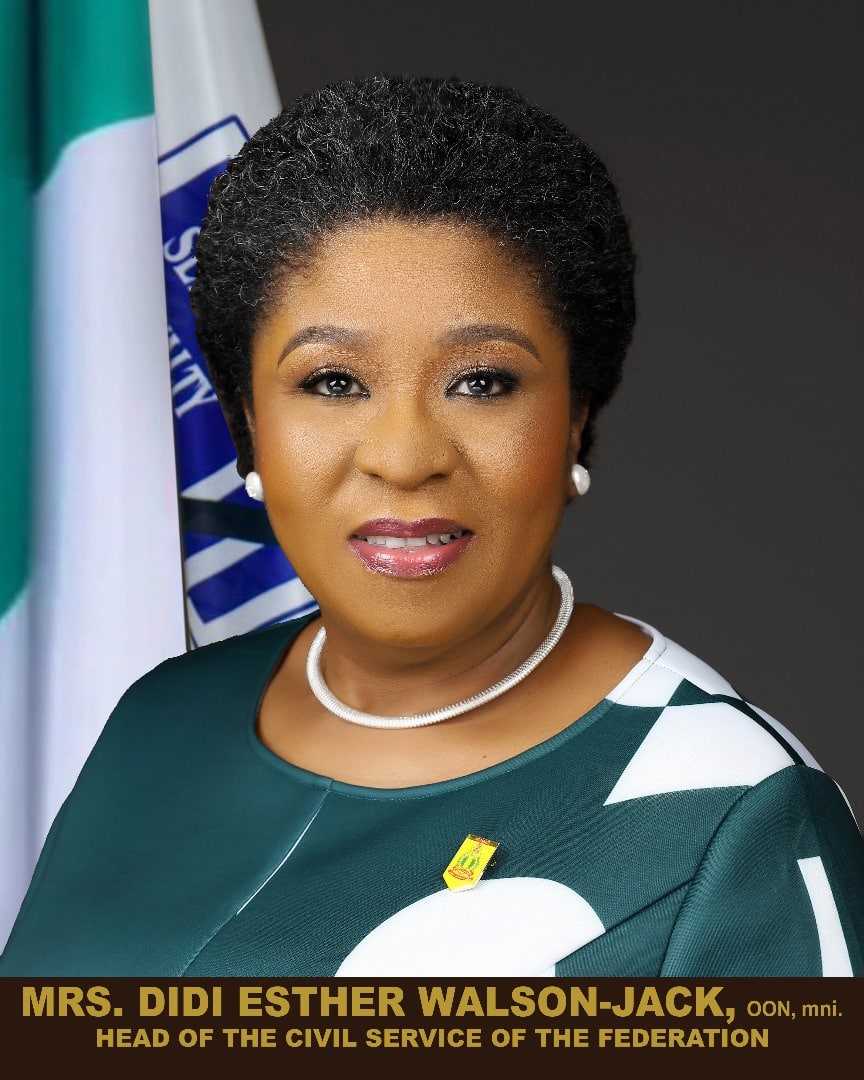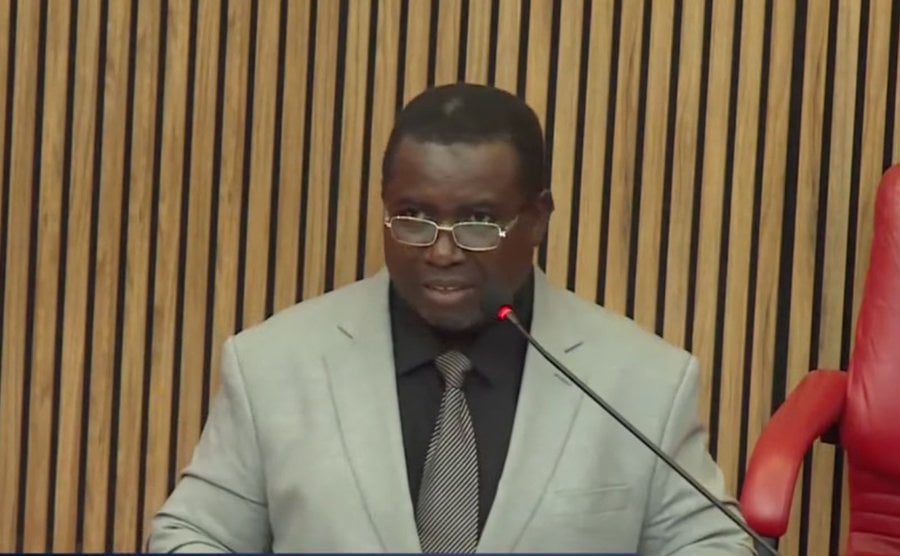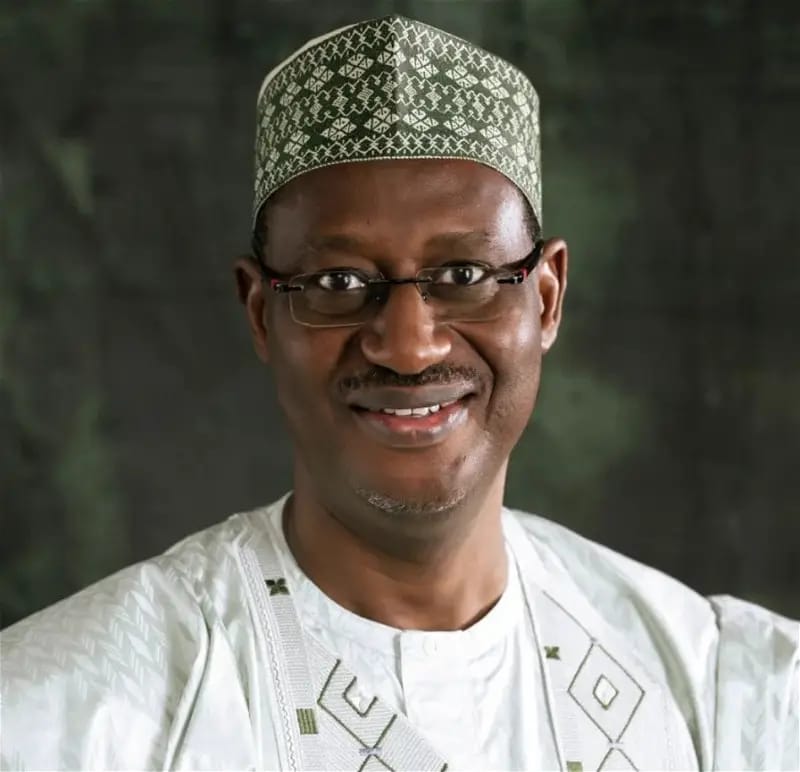The Federal Government has declared that Nigeria’s economy is showing signs of steady recovery under the leadership of President Bola Tinubu, attributing the positive momentum to wide-ranging reforms spearheaded by the administration.
Minister of Information and National Orientation, Mohammed Idris, stated this on Wednesday in Abuja, while receiving members and newly elected executives of the Nigerian Guild of Editors, during a courtesy visit to his office.
In a statement signed by his Special Assistant on Media, Idris stated that although Nigeria’s economy was not yet in “El-dorado”, no one could say that there was no progress, adding that international rating agencies were beginning to take note of Nigeria’s economic direction.
“The economy is not yet what we want it to be but we can see that there is a steady progression. The President has said over and over again that we are turning the corner. I know that many people will say it’s not yet El-dorado. Yes! I also agree but you cannot always say that there is no progress.
“Even all the rating agencies in the world are also giving Nigeria some pass marks. We are seeing some upward ticks in the way our economy is being managed,” he said.
According to the minister, landmark policy reforms such as the removal of fuel subsidy and the unification of foreign exchange rates are already yielding positive impacts on the economy.
He pointed out that these policies, though tough, are part of the administration’s strategy to stabilise and grow the economy in the long term.
Idris also highlighted the Students Loan Scheme as one of the administration’s major social investment initiatives, saying the programme is currently benefiting around 300,000 Nigerian students.
“Because of this deliberate, intentional policy of the government, over 300,000 Nigerian students who hitherto were out of school or could have been out of school, now have the opportunity to be in school because the government is paying for their tuition and upkeep. This is unprecedented,” Idris stated.
On the security front, Idris said the government is recording “sustained successes” in tackling violent criminality and restoring order in troubled areas.
He called on the media to support the Armed Forces in their efforts, urging journalists not to amplify the voices of criminal elements at the expense of national morale.
“I have always said that it is not good for us as media practitioners to place emphasis or premium on these criminals, gangsters and terrorists or bandits or whatever they are, over and above the citizens of this country,” he said.
He stressed that news coverage should also spotlight the bravery and sacrifices of Nigeria’s security forces, not just the attacks and setbacks.
“We must amplify these achievements, particularly in the context of condemning the actions of criminal groups and motivating the Armed Forces,” Idris said.
The minister acknowledged the importance of media scrutiny and constructive criticism, but emphasised the need for balanced reporting that also highlights government milestones.
He pledged to study the Law Reform Report submitted by the Guild and collaborate with the Minister of Justice and Attorney General of the Federation to address the outdated laws identified in the document.
Idris reaffirmed the Tinubu administration’s commitment to press freedom and freedom of expression, calling them “the cornerstone of the nation’s democracy.”
He, however, urged media practitioners to exercise their rights with patriotism and responsibility, while assuring the newly elected Guild executives of the government’s readiness to deepen collaboration with the media sector.
Earlier, Sebastian Abu, Deputy President of the Nigerian Guild of Editors, said the delegation was at the Minister’s office to present the Law Reform Committee’s report.
He noted that the document outlines archaic legal provisions that must be revised or repealed to create a freer media environment.




